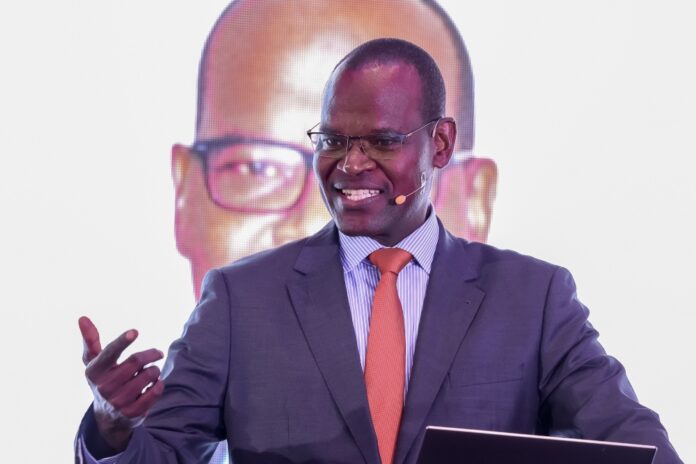African telecommunication service providers have set a new target to deepen internet connectivity by at least 35 percent by the year 2035.
The pledge, signed by several operators including Kenya’s Safaricom, South Africa Telkom, Tunisia Telecom, Huawei technologies, and the Africa Telecommunications Union, took place during the Fourth Broadband Africa Forum.
Executives from the African Union (AU), Africa Telecom Union (ATU), major operators, major vendors, and consultants agreed that fiber optic cabling will maintain its lead as the preferred technology to drive connectivity.
New Huawei Technology to save Kenyans Ksh 200 million in Energy Costs
John Omo, General Secretary of the ATU, announced the organization’s commitment to supporting broadband universalization in all African countries and striving to reach the target of 35% broadband penetration in Africa by 2035.
“Broadband is critical for economic development and social stability yet Africa still lies far below the global average when it comes to overall connectivity,” said Omo.
To overcome the challenges that operators face in their quest to grow the geographical coverage of the internet’s reach, Governments need to work with operators to help ensure that they’re enhancing and promoting their operations, rather than hindering them.
Gary Lu, President of Network Marketing and Solution Sales at Huawei, echoed his remarks, pointing out that it was common consensus that ultra-broadband infrastructure is key to digital economic development, adding that fiber-based broadband must be deployed as soon as possible.
“Fiber has been proven to be the best medium of high-speed broadband, once deployed, it has a 30-year lifecycle. But it is not easy at the beginning, which means we need cooperation from all stakeholders, including government, carriers, and product suppliers, “he noted.
Explaining that they had achieved remarkable success with copper-to-optical conversions, broadband market planning, all-optical city coverage, and collaborations with third-party infrastructure suppliers, Safaricom’s Head of Fixed Data Franklin Ocharo said that the firm’s fixed-data customers have grown five times in the past four years, twice as fast as the industry average.
The Best Relationship Advice I Ever Received
Network operators concluded that the beauty of light (in the shape of fiber) is the ability to connect the unconnected, unlock innovation, help save the planet, and to future-proof the network. In order to accelerate broadband adoption, improve broadband quality and promote the broadband service economy in Africa, the topic needs to be included more in development conversations.
“Limited broadband inevitably leads to limited economic development and global trade. We must place broadband development at the core of our discourse,” added Ocharo.
Africa is on the cusp of a broadband explosion, but every effort must be made to ensure that it benefits as broad a swathe of the population as possible, especially over the long term. For that to happen, however, private and public sector players operating in the space will need to focus on bringing together full-optical, fixed, and wireless broadband synergy; fixed–mobile convergence product introduction; and active broadband industry policies.








